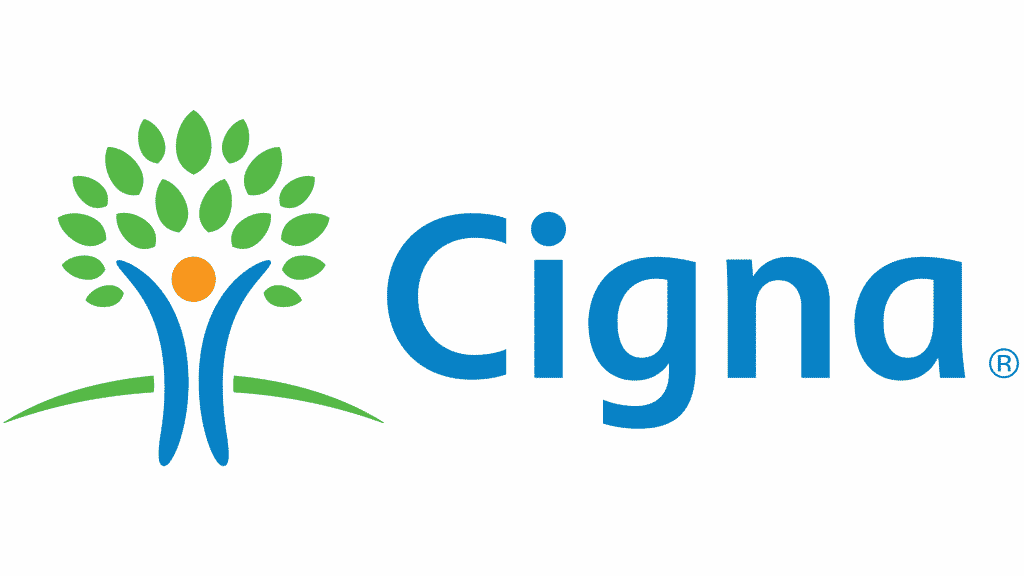
Certified Recovery Specialists (CRS) play a crucial role in addiction treatment by providing support, guidance, and encouragement to individuals in recovery. These specialists, who have lived experience with addiction, are uniquely positioned to offer empathy and understanding to those struggling with substance use disorders. In this essay, we will explore the important role that CRS play in addiction treatment and the impact they have on the recovery process.
Certified Recovery Specialists are individuals who have overcome addiction and have received specialized training to provide support to others in recovery. They offer a unique perspective and can connect with clients on a personal level, providing valuable insight and encouragement. By sharing their own experiences and serving as role models, CRS help individuals navigate the challenges of recovery and stay motivated on their journey to sobriety.
The Inception of the Certified Recovery Specialist
During the period of time where the phrase “opiate epidemic” gained popular use many states started to receive federal funding to battle the opiate addiction problem within their respective state. While some of this opioid stimulus was used to expand non profit treatment programs and start new treatment programs, some money was allocated towards the certification, training and development of the Certified Recovery Specialist credential. This gave addicts and alcoholics with specified clean and sober time and without college educations the opportunity to get recognized certifications and play a vital role in helping treat addicts and alcoholics that were still suffering.
Different Types of Certified Recovery Specialists
When the Certified Recovery Specialist Role first started it was the only credential of its kind. As it grew in popularity, more people got certified and the addiction treatment industry found more useful integrations of the certification. Since then there are now similar credentials created and subsequent certification programs created. These other credentials include the Certified Peer Specialist and the Certified Peer Support Specialist. These credentials are now not only used in the addiction treatment industry but also in mental health treatment.
Expansion of the Certified Recovery Specialist Nationally
The Certified Recovery Specialist role and credential started in the Northeast United States. From the very beginning this credential was being tracked and measured to determine actual impact on serving the people in need. Regular reporting and outcomes studies have been conducted, and the outcome has been that this role is in fact making a significant difference on access to treatment and lengths of clean time for people served by the Certified Recovery Specialists. As this proved out more and more states started to adopt this credential enabling recovering people to play a role in battling the opioid epidemic.
The Role Certified Recovery Specialists Play
Peer Support: CRS offer peer support to individuals in recovery, serving as a source of inspiration and motivation. By sharing their own stories of overcoming addiction, CRS show clients that recovery is possible and provide hope for a brighter future. This peer support can be instrumental in helping individuals stay committed to their recovery goals.
Advocacy and Guidance: CRS advocate for clients within the healthcare system, helping them navigate treatment options and access the resources they need for recovery. They provide guidance on finding support groups, treatment programs, and other services that can aid in the recovery process. By serving as a resource and mentor, CRS empower individuals to take control of their recovery journey.
Relapse Prevention: CRS play a key role in relapse prevention by helping individuals identify triggers, develop coping strategies, and build a strong support network. They offer practical tools and techniques for managing cravings and avoiding risky situations. By working proactively to prevent relapse, CRS help clients maintain their sobriety and stay on track with their recovery goals.
Alternatives to Prison: CRS now work with law enforcement to provide alternatives to jail or prison when an addict is arrested for possessing or purchasing drugs. The CRS is called to the scene of the arrest to provide treatment alternatives and education. These programs are not available in every state but it is growing in popularity.
Activity of a Certified Recovery Specialist
A CRS will sometimes share their story of addiction and recovery with a client, inspiring them to seek treatment and make positive changes in their life. Additionally, a CRS will sometimes accompany a client to a support group meeting, providing encouragement and guidance as they navigate the challenges of early recovery. Furthermore, a CRS will help a client develop a relapse prevention plan, identifying triggers and warning signs to watch out for in their recovery journey. As the CRS role evolves, more useful activities are created to better serve addicts and alcoholics in need.
In Conclusion
Certified Recovery Specialists play a vital role in addiction treatment by providing peer support, advocacy, guidance, and relapse prevention services to individuals in recovery. Their unique perspective and personal experience with addiction make them valuable allies in the fight against substance use disorders. By offering empathy, understanding, and practical support, CRS help individuals navigate the challenges of recovery and build a strong foundation for a healthy, drug-free life.
If you or someone you know is struggling with addiction or alcoholism there are choices available. Magnolia Ranch Recovery is Tennessee’s premier addiction treatment facility. People from all over the county come to us seeking treatment for their struggles with substance abuse. We have both detox and residential options. Please, if you are struggling don’t hesitate to call us and get started on the path to long-term successful recovery. A better life is waiting for you.

















